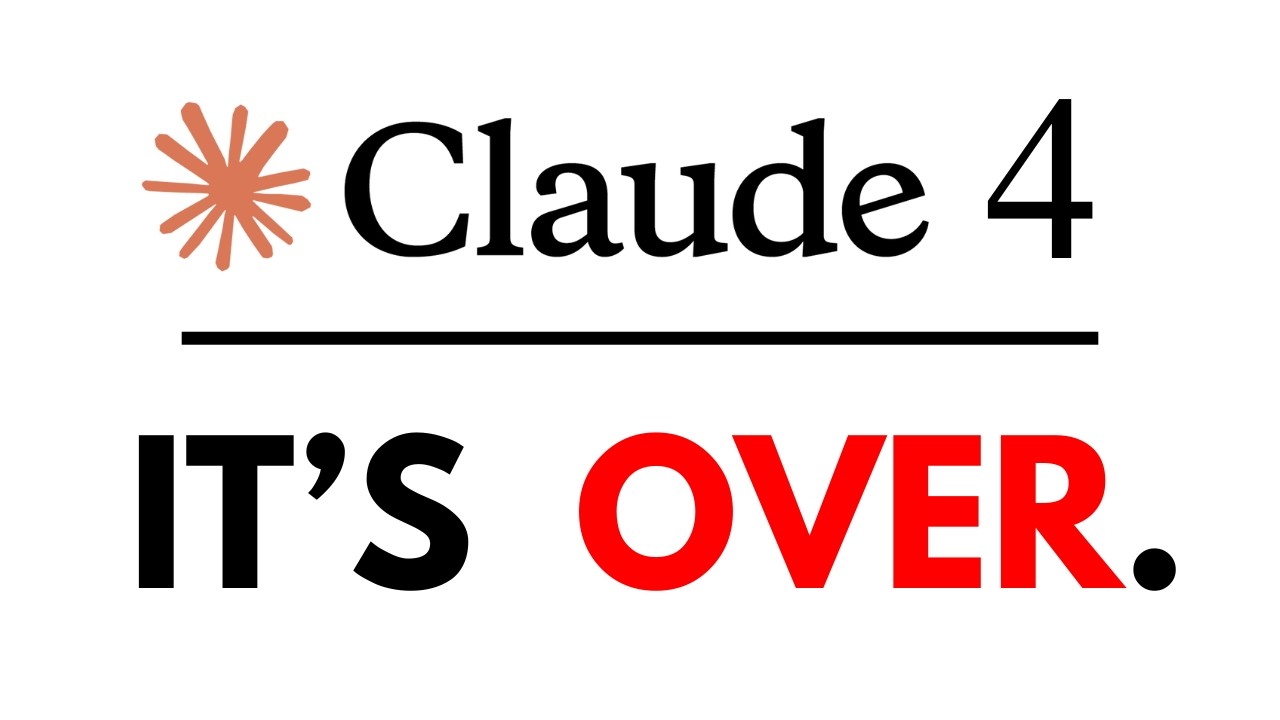The video introduces Claude 4, Anthropic’s latest AI model, highlighting its advanced reasoning, tool use, and extended memory capabilities, making it highly effective for coding and complex tasks. Despite its top-tier performance and new API features, the presenter notes that Claude 4 is slower and more expensive than competitors like Gemini, suggesting users weigh its benefits against cost and speed considerations.
The video introduces Claude 4, a major new release from Anthropic, highlighting its significance as a powerful AI agent that surpasses previous models like Gemini 2.5. The presenter emphasizes that Claude 4 comes with notable advancements, including the introduction of two new models, Opus 4 and Sonnet 4, which are tailored for high performance in coding and reasoning tasks. This release marks a significant upgrade over the last major version released in early 2024, bringing enhanced capabilities such as extended thinking, tool use, and improved memory, making Claude a competitive option in the AI landscape.
The core improvements in Claude 4 revolve around its ability to reason more deeply and utilize external tools simultaneously. Both Opus 4 and Sonnet 4 can perform extended reasoning, search the internet, and access local files, which significantly boosts their utility for complex tasks. The models also feature better instruction-following and memory retention, allowing them to maintain context over longer interactions—up to an hour—by caching prompts more effectively. These enhancements enable Claude to handle tasks like playing games, coding, and writing with greater sophistication and continuity.
The video discusses the new API capabilities, including code execution in a sandboxed environment, connecting to remote servers via MCP, and storing files across sessions. These features make Claude more versatile for developers, allowing it to analyze data, run Python code safely, and integrate with external systems seamlessly. The extended prompt caching window of up to an hour further improves efficiency and cost-effectiveness, although the presenter notes that the context window of 200,000 tokens is still limited compared to competitors like Gemini, which can handle up to a million tokens.
Benchmark results show that Claude 4, especially the Opus 4 model, leads in coding and reasoning benchmarks, outperforming many other models like OpenAI’s GPT variants and Gemini. Opus 4 scores highly on software engineering and terminal benchmarks, making it the best coding agent currently available, though at a higher cost. The presenter compares the pricing structures, noting that while Claude offers top-tier performance, it is expensive—$15 per million tokens for input and $75 for output—prompting users to consider whether they need the most advanced model or can opt for more economical options.
Finally, the presenter tests Claude 4 in practical scenarios, such as creating simple games and coding projects, and compares its performance to Gemini 2.5. While Claude 4 demonstrates impressive capabilities, it is noticeably slower and less responsive than Gemini in some tasks. The video concludes with a cautious outlook, suggesting that Gemini 2.5 still offers better speed and usability for many tasks, and advises viewers to weigh the costs and benefits when choosing between models. Overall, Claude 4 is a significant step forward but may require further improvements for everyday practical use.
